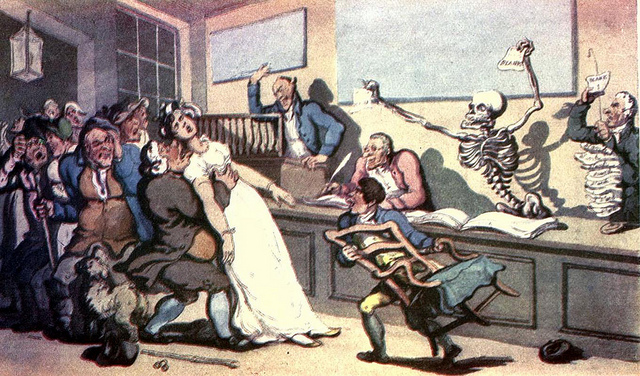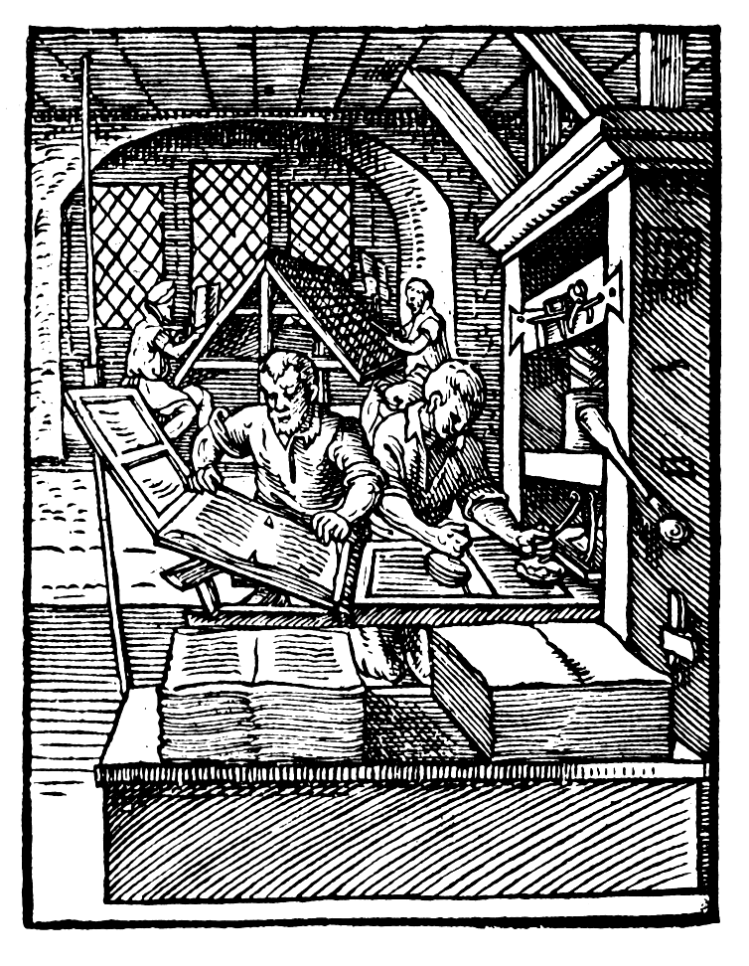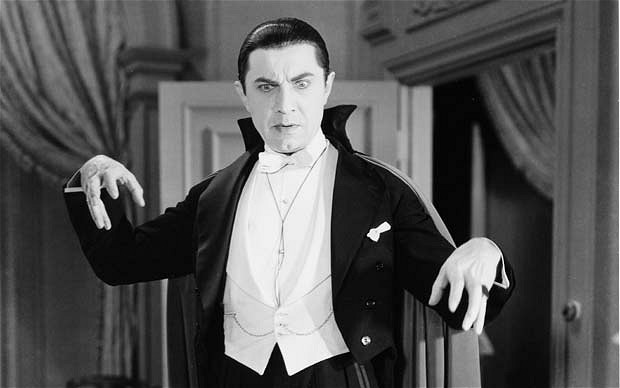
Doesn’t this image just scream “literary occult thriller about a man from a dysfunctional family who might be haunted by the ghost of a missing relative”? Well, actually, it kind of does, now that I put it that way. Huh.
Screenwriter John August—whose credits include the movies Go, Big Fish, and Charlie’s Angels—has a website where he used to blog (now he does podcasts) about screenwriting, creativity, and the movie business. Back when I blogged a lot more often, I followed August’s blog, and I’ve never forgotten one piece of advice he gave there:
Before you start writing any screenplay, make a playlist of music that feels like the movie. It’s a fundamental part of my process.
Read the full post to learn more about why August thinks a custom-designed, project-specific playlist is so helpful for writing. It sounded like a good idea, but as with so many good-sounding ideas I’ve run across, I didn’t do anything about it.
Then I read Twyla Tharp’s amazing book The Creative Habit, where she discusses the absolutely crucial importance of using ritualistic practices to help you do creative work:
It’s vital to establish some rituals—automatic but decisive patterns of behavior—at the beginning of the creative process, when you are most at peril of turning back, chickening out, giving up, or going the wrong way.
Tharp gives a few real-life examples of these rituals, such as a chef who starts each day by tending the garden on his terrace, and a writer who can only write outside and who moved to Southern California so he could write outside whenever he wanted to. Here are a couple more:
The composer Igor Stravinsky did the same thing every morning when he entered his studio to work: He sat at the piano and played a Bach fugue. . . . A painter I know can’t do anything in her studio without propulsive music pounding out of the speakers. Turning it on turns on a switch inside her. The beat gets her into a groove. It’s the metronome for her creative life.
More good advice. Did I follow it? Of course not.
About a year after I read Tharp’s book, I left behind eleven years of freelancing to take a full-time job that required me to make a forty-five-minute bus commute to work. At first I was scared that my new work situation would compromise my writing, but I resolved to find a way around that by turning my commutes into writing sessions. I bought a MacBook Air—the lightest, thinnest laptop on the market at the time—because I didn’t want excess weight or bulk to dissuade me from bringing a computer on the bus. Then I got a laptop-friendly messenger bag that would also accommodate my lunch and a collapsible umbrella, and I was set.
I’ve always preferred to write while listening to music, and my bus writing sessions were no exception; but I soon learned that I was going to have to change my writing-music tastes. Until then I’d always listened to something quiet and meditative while writing, such as Miles Davis’s Kind of Blue or Brian Eno’s Apollo: Atmospheres and Soundtracks. Unfortunately, those albums are too quiet for a typical bus ride, where the rumble of the engine, the noise of other vehicles, and the sound of passenger conversation can easily overpower ethereal music that makes you feel like you’re floating in space.
When I worked as a freelancer, I discovered the joys of Internet radio, particularly SomaFM, where I found lots of new music that I still enjoy today. I started trying out some of my Soma music to see what might prove suitable for my new writing routine. After some trial and error I decided that a Scottish electronica band called Boards of Canada was just about perfect. Their songs had no vocals, other than brief, isolated dialogue samples. The music was mostly electronic and highly atmospheric, but it was usually paced at an amiable midtempo speed, often with hip-hop-flavored beats woven through interesting textures. I didn’t like any of their albums in their entirety, though, so I wound up making a cherry-picked playlist that was long enough to carry me through the entire bus ride and then some, such as when a wreck snarled the interstate.
That Boards of Canada playlist is what I listened to for the entirety of the four years and nine months I spent working on my novel Blood Family, from the initial skeletal story-beat outline—written by hand, in pencil, as bullet points on a yellow legal pad—all the way through final upload of the fully typeset pages for the print edition. That playlist got me through initial excitement, recurrent terror, exhaustion, self-doubt, excitement again, flashes of hubris, fantasies of success, certainties of failure; bad weather, bad traffic, bad writing; the years that came and went like signs on the highway, each one flashing a question: Aren’t you done yet?
Now that the answer to that question is finally Yes, people ask me: How did you make yourself be creative on demand like that? How could you just get on the bus, sit down, and start writing? And now I realize it was because, almost accidentally, I applied the advice of John August and Twyla Tharp. I didn’t exactly follow August’s advice to create a soundtrack that felt like my novel, but it didn’t take long for my Boards of Canada playlist to become very strongly associated with the novel in my mind and emotions. The sound of that music became the sound of me working on my novel. And, as Tharp had advised, my writing routine became a ritual: I would get on the bus, choose a seat, sit down, and set my bag on the floor beside me; pull out my laptop in its neoprene sleeve, take the laptop out, put the sleeve on my lap, and set the laptop on top of the sleeve; open the computer, turn it on, open the novel file, put in my earbuds, plug them into the sound jack, and start the playlist. The music pulled me into another world, the world of Blood Family, and my fingers started flying over the keys, or else I sat and stared out the window as I thought, or I used the bus’s WiFi to do research about Tarot cards or African folklore or Renaissance alchemists, and the ride passed like a dream from which I hated to awaken.
That ritual was all it took to get me going on a solid routine of doing forty-five to sixty minutes of creative work, twice a day, five days a week, for almost five years. This proves Tharp’s main point about the importance of ritual:
All preferred working states, no matter how eccentric, have one thing in common: When you enter into them, they impel you to get started. . . . It’s Pavlovian: follow the routine, get a creative payoff.
She’s right. So in response to a suggestion from a wise counselor, I thought I’d recreate my Blood Family playlist on Spotify for those of you who want good music for creating or reading or just chilling out. If you like what you hear, you might want to check out Boards of Canada’s newest album, Tomorrow’s Harvest, which I do like in its entirety—and which I’ve already decided will be the soundtrack for the writing of my next novel.








